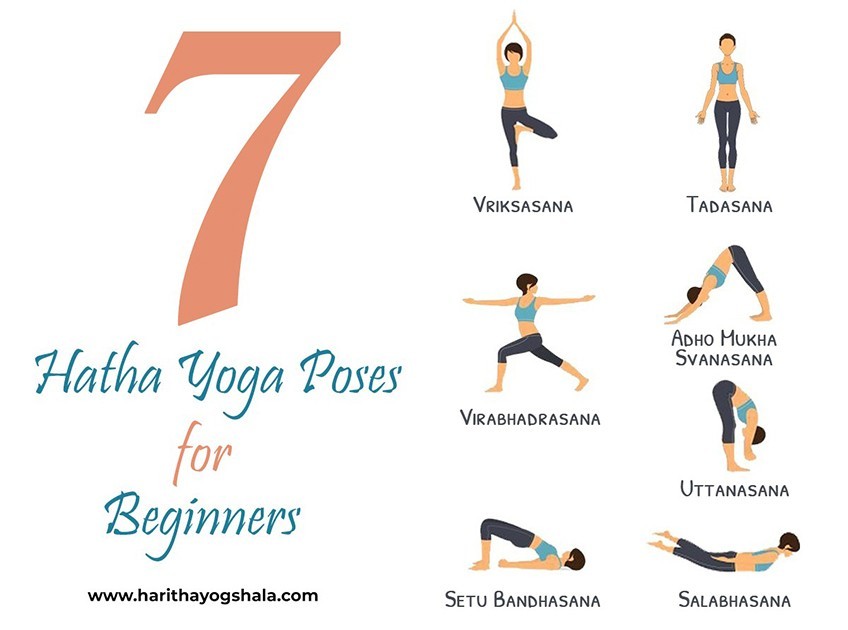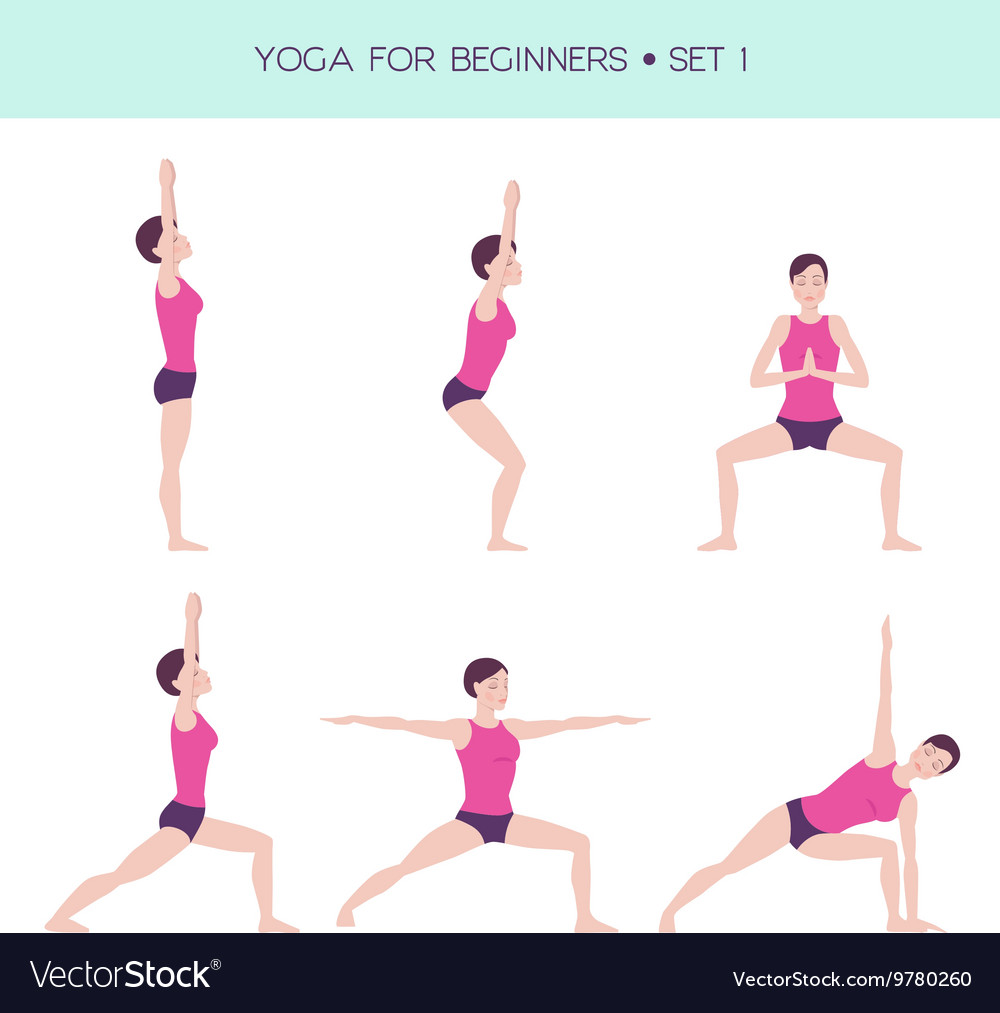
A great time to begin exercising is during pregnancy. This is especially true if the goal is to tone your legs. Start by laying on your back in a side plank. Engage you core and extend your right arm behind you. Keep your left arm straight in front. Next, wrap two dumbbells around your chest and then curl them up. Repeat the exercise 12 times.
The best exercise for your first trimester is low-impact, enjoyable activities. Talk to your healthcare provider before you begin an exercise program. Start by doing a few 15-minute sessions every day. As your baby grows, you can increase the length of your sessions. Walking is a great way for you to exercise without overtraining your joints or muscles. You can also take your time while working out, as long as you are cautious and don't overdo it.

It is important to avoid exercising when you are pregnant. It's not unusual to experience bleeding or spotting while exercising, but it could indicate that you are at greater risk for miscarriage and premature birth. Even babies with low birthweight don't need to be born prematurely. If their parents are healthy, they can continue to exercise for the remainder of the first trimester. This will prevent a miscarriage or a low birthweight child.
You can increase your mental and physical health by exercising during pregnancy. Squats are one of the best exercises for pregnant women. They strengthen your hips, glutes, and back. They can also aid in the birth process. However, pregnant women should avoid crunches. Although they may be beneficial, they can cause dizziness as well as low blood pressure. You must avoid them to protect your health, and your unborn baby's health.
It can be difficult for women to exercise during their first trimester, due to hormonal changes. A woman should avoid lying on her back as this can cause blood pressure to drop and complications for the unborn baby. She should also avoid activities that could cause her to fall. Additionally, she should not scuba dive, as this can result in dangerous gas bubbles being released into her body.

It is beneficial for both mother and baby to exercise in the first trimester. Before beginning any new exercise routine, it is important to talk with your doctor. You can feel better about your mother by doing some of these exercises. While exercising, it is important to avoid jumping or jarring. For the baby to reap the greatest benefits, the mother must be strong and in a good place. Contact sports such as downhill skiing and contact sports should be avoided during pregnancy.
FAQ
How quickly can I transform the body of my child?
It all starts by changing your mindset. First, you must decide to make a change.
Once you've decided to make a change, you must commit to working on your fitness for at least three months.
Then, find a program to fit your life.
Setting realistic expectations is also essential. If you are not ready to dedicate the time and effort to reach your goal, do not spend money on a gym.
Instead, spend your free time exercising outdoors.
If you spend an hour a day walking around the block, you'll burn enough calories to lose 1 lb per week.
Now that you are clear about what you want to do, plan how you will organise your life around this plan.
It is important to set aside time every day for exercise before going to work. You can also take breaks throughout each day to get up and move.
Finally, you should reward yourself when you reach milestones. You could buy accessories or clothes that reflect your achievements.
What is your favorite workout order?
It all depends on what you're looking for. You should start with heavy weights if your goal is to build muscle mass. Next, move on to cardio. Then if you want to lose weight, go from cardio to strength training.
Cardio is a great way to lose fat if you are just looking for a quick workout. Add strength training to your workouts.
If you are looking for muscle mass, cardio should be your last option. Cardio stimulates growth hormones and helps build muscle mass.
Also, eat before you workout. This will fuel your muscles, making them work harder. It will also make you feel more energetic during your workouts.
Is it true that overeating protein causes kidney stones?
Protein is important for maintaining healthy bones and tissue. But consuming too much protein can lead to calcium excretion through urine. This can lead kidney stones.
It is important that you note that not all people develop kidney stones when they consume more than 2 grams of protein per kg (2.2 pounds). People can eat large amounts of protein and not get kidney stones.
By being careful with your sodium intake, you can prevent kidney stones. The kidneys regulate the amount of sodium they consume. Too much sodium can cause kidney stones.
If you have kidney stones, you can reduce your intake of protein. For most people, protein provides half their daily caloric requirements. A reduction in protein intake will likely result in weight loss.
If you do decide to eat more protein, don't go overboard. Do not eat more than 20% of your daily calories from protein.
How do I build muscle quickly?
Fast muscle building is possible by eating healthy foods and regularly lifting weights.
Mornings are the best time to workout.
Try exercises like squats and bench presses.
Try different weight training routines, and don't forget to drink plenty of water throughout the day.
Statistics
- An estimated calorie range for moderately active adult males falls between 2,200 to 2,800 calories per day, depending on age. (eatright.org)
- Candidates and applicants must pass all four tests at 70% (minimum level) to graduate from Basic Deputy U.S. Marshal (BDUSM) Training. (usmarshals.gov)
- 10 pounds in a month is likely during a lean bulking phase, especially for beginners. (muscleandstrength.com)
- According to the American Heart Association, blood pressure should be checked at least once every two years, beginning at age 20. (my.clevelandclinic.org)
- The PRS enabled risk stratification for overall prostate cancer and lethal disease with a four-fold difference between men in the highest and lowest quartiles (HR, 4.32; 95% confidence interval [CI], 3.16-5.89). (pubmed.ncbi.nlm.nih.gov)
External Links
How To
What nutrients does a person need every day?
Daily nutrition is essential for men's healthy growth. The body needs vitamins, minerals as well as proteins, carbohydrates and fats.
Also, the male body requires certain nutrients at specific times during the day. For example, when you sleep, your body uses energy from food to make hormones, antibodies, and enzymes. Protein is needed to build muscles and repair tissue damaged when you wake up.
Your body will burn fat at night and store the extra energy as a form of glycogen. Your body requires fewer calories, but still needs enough nutrients. If you feel hungry, you can have a snack in the evening.
Working out requires adequate carbohydrate and protein intake. You may feel sore muscles if you exercise hard.
To avoid this, you need to eat carbs and proteins within two hours of training. Your body will breakdown stored glycogen and provide you with glucose for energy.
Also, protein must be consumed immediately after your workouts. This will prevent muscle tissue from being damaged while you sleep.
Your body makes lactic acid when you are doing intense physical activities. Your body can build up lactic acid in the bloodstream which causes fatigue. Eat foods high in carbohydrate, such as fruits, vegetables, to avoid this.
Carbohydrates provide energy for your body to recover after strenuous exercise.
Your diet may include lean meats like fish, eggs, milk cheese, yogurt or beans as well as lean proteins such as fish, eggs, egg yolks, cheese, yogurt, bean, peanuts and seeds.
All these foods are high-quality sources of protein. Protein promotes muscle growth and repairs damaged tissues. It also provides the amino acids your body needs to produce sex hormones and testosterone.
Good skin, hair, and joint health requires adequate dietary fats. Healthy men should consume between 20% to 35% of their daily caloric intake from fat.
Fat is good for your heart and helps you fight cancer. It keeps your brain healthy and functioning well.
Most of the fat you need can be obtained from vegetable oils, including sunflower oil (or soybean oil), peanut oil, peanut oil, soybean oil, and peanut oil.
These oils are high-in monounsaturated, unsaturated fatty acid (MUFAs). MUFAs reduce cholesterol and inflammation. They protect cells against damage from free radicals.
Saturated Fats (SFAs), which are mostly found in animal products like meat, butter, and dairy products, include LDL ("bad") cholesterol. SFAs raise LDL ("bad") cholesterol and increase triglycerides. They are also good for weight loss and belly fat.
Polyunsaturated fats (PUFAs) are found in plant-based sources like vegetable oils, nuts, seeds, and grains. PUFAs reduce inflammation and improve cardiovascular function. They also reduce blood sugar, cholesterol, and other inflammatory factors.
Erectile dysfunction is common in men with low HDL ("good") cholesterol. High consumption of saturated fats increases bad cholesterol, which lowers the level of good cholesterol.
Red meat and pork are a common source of prostate problems in men who eat a lot. High temperatures can cause nitrates to become nitrosamines. These compounds can lead to cancer.
Most processed meats contain nitrites and other harmful chemicals. They should be avoided.
The American Heart Association recommends that you limit your intake of red meat to 2 per week. Instead, choose poultry, fish, legumes, tofu, whole grain bread, and cereals.